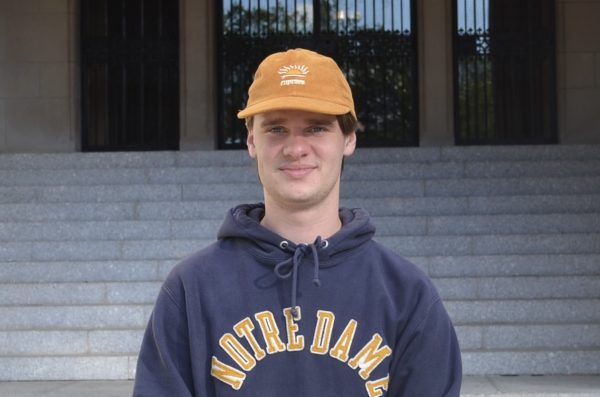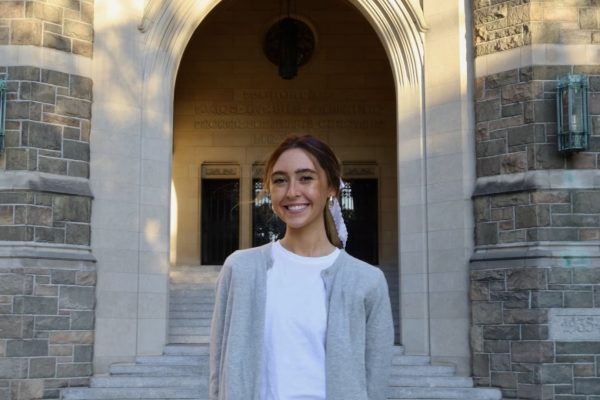Colleges Need More Psychological Services
By Paula Hernandez
The assumption that there has been an increase in mental instability on college campuses is not an entirely sound one. A study published by the American Public Health Association found that the “[…] overall rate of psychiatric disorders was not different between college-attending individuals and their non–college-attending peers,” and Dr. Bruce S. Sharkin reminds us that the “subjective perceptions [of college counselors] may be meaningful, but there are certainly significant limitations associated with reliance on perceptions […].” Additionally, as Dr. Martha Anne Kitzrow points out in her article, “The Mental Health Needs of Today’s College Students: Challenges and Recommendations,” the exposure to psychiatric medications in the U.S. means that students with mental illnesses are able to attend universities, something that was nearly impossible before. However, there has been a recorded increase in students who use the psychological services provided by their school and, as such, we can begin to examine how effective this is in improving mental stability.
It is easy to point out the new stressors of our time (increased cost of college, for example) as an immediate cause for the increased usage of school provided psychological services, and yet there is no evidence of a systematic correlation. On the other hand, there is significant evidence that finds minorities are more likely to struggle with mental illnesses.
Whether or not the university is equipped to deal with the new influx of students seeking psychological counseling is still in question. I would answer with a simple “no.” Most of the current systems in place are reactionary rather than proactive. Students are given a few presentations as freshmen on the services offered and then are sent on their merry way. A reactionary system is better than no system; numerous students who have sought out help can attest to this. However, the increase in high profile college suicides, such as the one that occurred earlier this year at Scripps College or the multiple cases at Columbia University, illustrate that reactionary methods are not enough when a person’s life is at stake.
This is not to say that counselors are not hard-working, dedicated and helpful. Rather, there is only so much they can do if they rely on students to seek them out. Fordham’s website boasts that the school provides “various clinical services ranging from referrals, emergency and crisis intervention, group and individual counseling, psychiatric services and evaluation and assessment.” Despite the wide array of services offered to students, all of these depend on the student personally seeking out counseling and if they do not, they may reach a dangerous point which requires immediate medical attention. It would be more effective to make counselors more accessible to students (or at the very least to freshmen) by hiring more and placing them in residence halls. This solution, while certainly more expensive, would not only put trained professionals in closer proximity to students, but would also give new students a chance to become familiar with the resources available on campus.
Other potential reform options include identifying high risk students by using the Beck Depression Inventory (BDI) suicide item, and encouraging sport and exercise psychology. The latter would be extremely effective in encouraging a more mentally stable student body. Studies have found that student athletes and students who regularly exercise are less likely to suffer from mental illness. Any action taken would have to be taken while simultaneously working to promote a non-judgemental atmosphere in which students do not feel stigmatized for seeking the help they need.
There is not just one solution. Being proactive in diagnosis is difficult and, if done improperly, can lead to serious ethical concerns. Despite this, continuously working towards more proactive and comprehensive psychological facilities in universities can, and will, improve the quality of life for students all over the country. Every student who struggles with mental illness, who succumbs to any life threatening behavior, who tragically ends their life too young, deserves the best possible care.
Positive reform is essential if we hope to improve the quality of life for our students, but it is important to remember that an increase in students who take advantage of collegiate psychological resources is not an inherently bad thing.
Paula Hernandez Garaycoa, FCRH ’21 is an English major from Miami, Florida.








































































































































































































